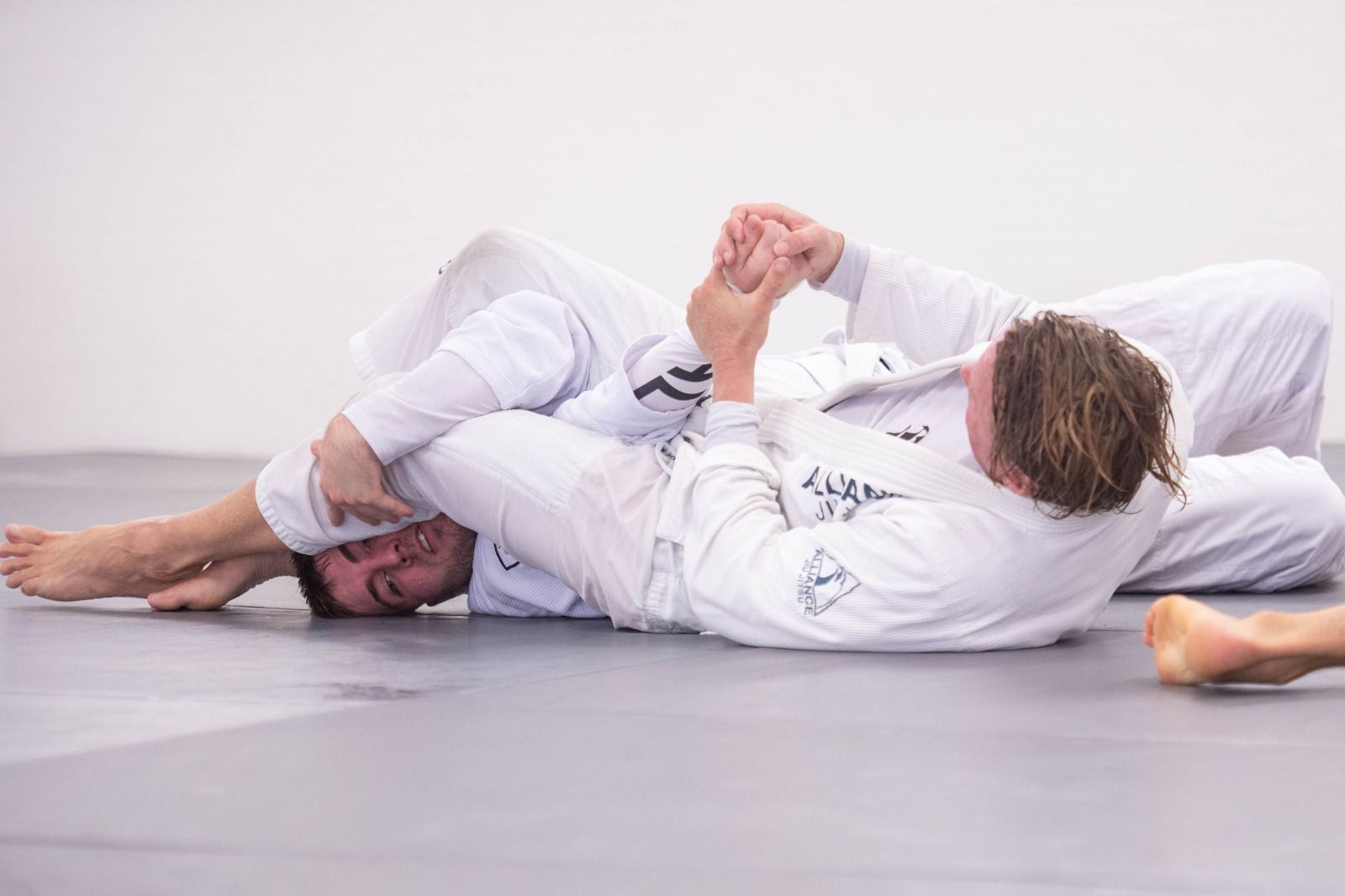Jiu jitsu and problem solving
The Art of Jiu Jitsu and Problem Solving
Jiu Jitsu, a martial art that originated in Japan and gained popularity worldwide, is not just about self-defense or physical fitness. It is also a powerful tool for problem-solving and personal growth. In this blog post, we will explore how the principles and techniques of Jiu Jitsu can be applied to overcome challenges in various aspects of life.
1. Adaptability and Flexibility
One of the fundamental aspects of Jiu Jitsu is adaptability. Just as a practitioner must adapt to their opponent's movements and strategies during a match, problem-solving requires the ability to adjust and find alternative solutions when faced with unexpected obstacles. By training in Jiu Jitsu, individuals develop a mindset that embraces change and learns to think on their feet.

2. Analytical Thinking and Strategy
Jiu Jitsu is often referred to as "human chess" due to its strategic nature. Practitioners must analyze their opponent's strengths and weaknesses, anticipate their next moves, and develop a well-thought-out plan of action. This analytical thinking and strategic approach can be directly applied to problem-solving scenarios in everyday life, enabling individuals to assess situations objectively and make informed decisions.
3. Problem-Solving Under Pressure
In Jiu Jitsu, practitioners often find themselves in high-pressure situations where split-second decisions can determine the outcome of a match. This constant exposure to pressure helps develop resilience and the ability to stay calm and focused even in stressful situations. By honing these skills on the mat, individuals can apply them to problem-solving scenarios, allowing them to make rational decisions under pressure.

4. Patience and Persistence
Jiu Jitsu is a journey that requires time, dedication, and a lot of practice. Progress may be slow, and setbacks are inevitable. However, through patience and persistence, practitioners learn to embrace the learning process and keep pushing forward. This mindset is invaluable when facing complex problems that require long-term commitment and the willingness to overcome obstacles along the way.
5. Collaboration and Teamwork
While Jiu Jitsu is an individual sport, it also emphasizes the importance of teamwork. Training with partners and learning from each other's experiences fosters a sense of collaboration and mutual support. Similarly, problem-solving often benefits from a collective effort. By embracing teamwork and seeking input from others, individuals can gain new perspectives and find innovative solutions to challenging problems.

6. Discipline and Focus
Jiu Jitsu demands discipline and focus. Practitioners must consistently train, follow techniques precisely, and maintain mental clarity during matches. These qualities translate directly into problem-solving, where discipline helps individuals stay on track and focus on finding effective solutions. The ability to concentrate on the task at hand and avoid distractions can significantly enhance problem-solving capabilities.
7. Embracing Failure as a Learning Opportunity
In Jiu Jitsu, failure is an inherent part of the learning process. Every defeat or mistake serves as a lesson to improve and grow. This mindset of embracing failure as an opportunity for growth can be applied to problem-solving as well. By viewing setbacks as chances to learn and adapt, individuals can approach challenges with resilience and determination, ultimately leading to more successful outcomes.

8. Confidence and Self-Empowerment
Through consistent training and overcoming challenges, Jiu Jitsu builds confidence and self-empowerment. As individuals develop their skills and witness their progress, they gain a sense of accomplishment and belief in their abilities. This newfound confidence extends beyond the mat and can greatly impact problem-solving endeavors, enabling individuals to approach challenges with a positive mindset and the belief that they can find solutions.
In conclusion, Jiu Jitsu is not just a physical martial art but also a powerful tool for problem-solving and personal growth. By applying the principles of adaptability, analytical thinking, problem-solving under pressure, patience, collaboration, discipline, embracing failure, and confidence, practitioners can develop a mindset that empowers them to overcome challenges in various aspects of life.
